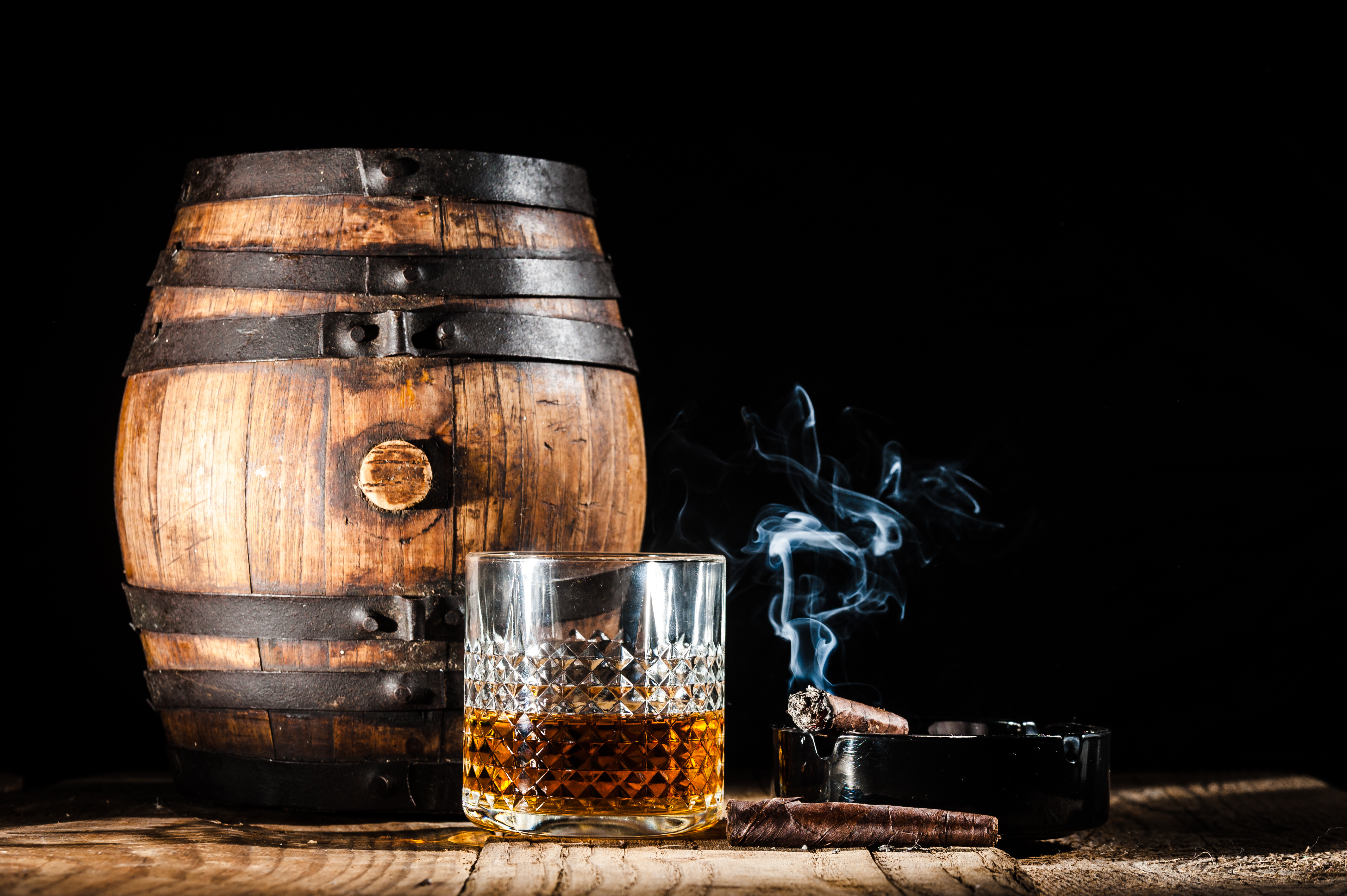Today’s hero of our culinary voyages is a drink of pirates and smugglers, which Lord Byron has already praised. It tastes best in the Caribbean, although in Poland its distinct taste attracts a growing number of supporters. I think you can guess right? Yes, you are right – it’s RUM!
Heals sorrows, soothes the spirit …
Apparently, rum or drinks based on it taste the best in the Caribbean . The associations certainly hit, especially since the drink in recent years has been propagated by the famous film series about the pirate played by Johnny Depp. And the story of the drink turns to it and presents its arguments: for several hundred years it was pirates and all sorts of adventurers who most often reached for rum. The shocking power, low price and availability of the drink meant that in the 16th-18th centuries the pirates’ frigate holds and port tavern warehouses were full of barrels of golden drink. Rum was drunk “clean”, it was also mixed with gunpowder, beer, gin, sherry and spices. Corsairs also had the habit of getting British sailors unconscious.
Anyway, imagine this view … Close your eyes … Palm trees, white or golden sand, the sound of the ocean, a pleasant sun and a breeze face in your hand, a glass of rum, mohito or daiqiuri . Eh – dreams 🙂 Returning to reality, it is worth mentioning the famous singer of freedom, or Lord Byron , who in his Don Juan praised the soothing properties of rum: “Nothing soothes the spirit like rum and true faith “ – is the quote. Is that true You have to find out for yourself 🙂
And when is rum called rum?
Rum is a strong distillate made from sugar cane. There is no agreement as to who, when and under what circumstances produced it first. The grass family plant itself, reaching a height of up to 6 meters, comes from New Guinea, from where it got to the farthest corners of Asia thanks to the Chinese. In 325 B.C.E. Alexander of Macedon came across extensive cane plantations in northern India. It came to Europe with Arab merchants. In the Middle Ages it was cultivated, among others in Cyprus, Crete, Sicily and Spain. Cane cuttings alone was taken by himself Christopher Columbus when in 1493 he left for the New World. The humid climate and fertile soil of the Caribbean turned out to be ideal for giant grass, and in the next century sugar production began at full speed. What happened next We can only guess: someone inquisitive noticed that cane juice quickly fermented in the sun, someone else decided to make money on it. Normal, right? 🙂 And so in the mid-sixteenth century, somewhere in Haiti or Martinique, the first distillery was established. By the way, sugar cane is one of the few plants of the Old World that managed to conquer the New World. It is worth remembering when we sip cocoa, eat tomato, potatoes, peppers, corn or other delicacy straight from one of the Americas.
The very etymology of the word rum is not entirely clear and there are several hypotheses about this. In 1824, Samuel Morewood , a British linguist, suggested that the name was derived from the last syllable of the Latin word sugar – saccharum . Another hypothesis is that the name comes from the Dutch roemer – cups or glasses, because Dutch sailors of large-capacity glasses called rummers . The most probable, however, is the possibility that the word rum comes from the Old English term rumbullion , which means turmoil, riot and tumult. The latter is to refer to drunken brawls. Rum is also sometimes called “ Nelson’s Blood “. When the famous British fleet commander fell at the Battle of Trafalgar (1805), his body was placed in a barrel of rum for a long return to his homeland. Rumor has it that upon arrival at the port, the seafarers drilled a hole in it and emptied the contents of “Nelson’s Blood”. There is nothing to hide – this story works on the imagination …
For now, information about rum is enough, after all, you need to dose, but soon we will serve another portion of the expressive taste and color palette of this drink. Keep Calm!


Leave a Reply